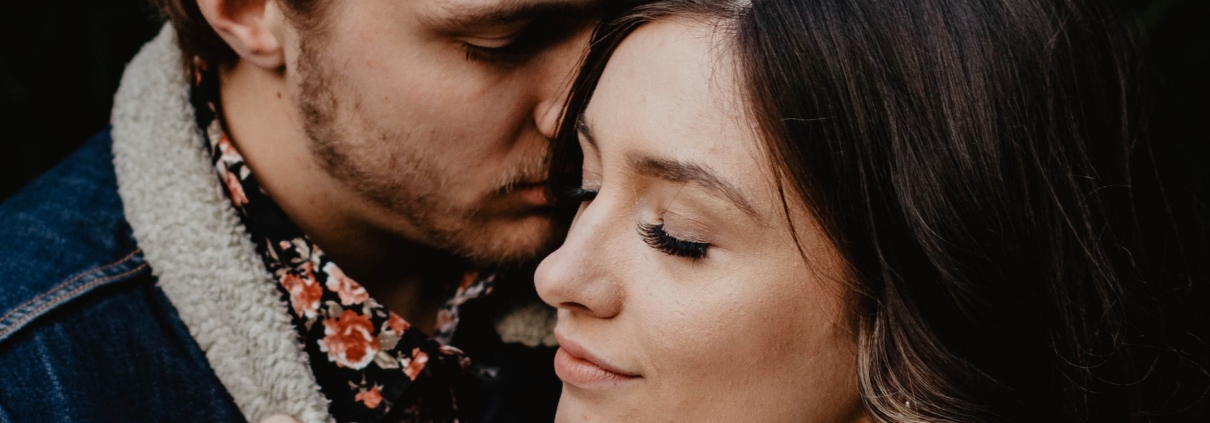
Iowa Couples Rehab Center
Are you searching for a couples rehab in Iowa? Couples who struggle with addiction often find that the best path to recovery is to seek treatment together. Fortunately, there are many couples rehab centers in Iowa that offer specialized care and support for partners who want to overcome addiction and strengthen their relationship. In this article, we’ll explore what couples rehab entails, what you can expect from treatment, and how to choose the right couples rehab center for you and your partner.
Couples Addiction Treatment Iowa
Addiction can take a significant toll on any relationship, but it can be especially challenging for couples who are struggling with substance abuse issues. Couples rehab is a specialized type of addiction treatment that focuses on helping partners recover together, addressing both their individual needs and the dynamics of their relationship. In Iowa, there are several rehab centers that offer couples treatment programs, providing a safe and supportive environment for couples to work towards lasting recovery.
Understanding an Iowa Couples Rehab
Couples rehab is a form of addiction treatment that provides specialized care for couples who are struggling with substance abuse. This type of treatment recognizes that addiction can have a significant impact on relationships, and that recovery is often most effective when both partners receive treatment together. Couples rehab typically involves a combination of individual therapy, group therapy, and couples therapy, all tailored to meet the unique needs of each partner and the couple as a whole.
Benefits of Couples Rehab in Iowa
There are many benefits to seeking couples rehab for addiction treatment. Some of the key benefits include:
- Addressing underlying relationship issues: Addiction can often be a symptom of underlying relationship issues. In couples rehab, partners can work together to identify and address these issues, strengthening their relationship and building a foundation for lasting recovery.
- Providing mutual support: Going through addiction treatment together can be a powerful source of mutual support and encouragement, helping partners stay motivated and committed to their recovery.
- Developing healthier communication skills: Couples rehab focuses on developing healthier communication and coping skills, which can improve the overall quality of the relationship and reduce the risk of relapse.
- Building a stronger foundation for recovery: By addressing both individual and relationship issues, couples rehab can help couples build a stronger foundation for lasting recovery.
How Iowa Couples Rehab Works
Couples rehab typically involves several stages of treatment, each designed to address different aspects of addiction and recovery. Here’s a brief overview of what you can expect from couples rehab:
Initial Assessment
The first step in couples rehab is an initial assessment, which helps the treatment team develop a personalized treatment plan for each partner and the couple as a whole. During this assessment, couples may be asked about their addiction history, relationship dynamics, and other factors that may impact their recovery.
Individual and Group Therapy
Couples rehab typically involves a combination of individual and group therapy sessions. These sessions are designed to help partners address their individual needs and work through the challenges of addiction recovery. Group therapy can also provide a powerful source of peer support and accountability.
Couples Therapy
In addition to individual and group therapy, couples rehab also includes specialized couples therapy sessions. These sessions focus on building healthy communication and coping skills, strengthening the relationship, and learning how to handle negative situations.
Couples Rehab FAQ’s
- What is Couples Rehab? A: Couples Rehab is a type of addiction treatment program that is designed for couples who are struggling with substance abuse issues.
- How does Couples Rehab work? A: Couples Rehab works by providing both partners with individual and couples therapy, as well as addiction education, relapse prevention techniques, and support for rebuilding trust and communication in the relationship.
- Is Couples Rehab only for married couples? A: No, Couples Rehab is open to all types of committed couples, including those who are engaged, dating, or in a long-term relationship.
- What types of addictions can be treated in Couples Rehab? A: Couples Rehab can treat a variety of substance abuse disorders, including alcohol addiction, drug addiction, and prescription drug abuse.
- Is it necessary for both partners to have the same addiction? A: No, both partners do not need to have the same addiction. Couples Rehab can still be effective even if only one partner is struggling with addiction.
- How long does Couples Rehab typically last? A: The length of time for Couples Rehab can vary depending on the severity of the addiction and the specific treatment plan, but it generally lasts for 30-90 days.
- Will both partners receive the same treatment plan in Couples Rehab? A: While both partners will participate in individual and couples therapy, the specific treatment plan may be tailored to each person’s individual needs and addiction history.
- Will couples be separated during treatment in Couples Rehab? A: Depending on the program, couples may spend some time apart during individual therapy sessions, but they will typically live and participate in treatment together.
- Is Couples Rehab covered by insurance? A: Some insurance plans may cover the cost of Couples Rehab, but it’s best to check with the individual treatment center and your insurance provider to confirm coverage.
- Is it necessary for couples to be in the same stage of recovery to attend Couples Rehab? A: No, Couples Rehab can be effective even if one partner is further along in their recovery journey than the other. The program is designed to meet each person where they are in their recovery process and provide the necessary support and resources to both partners.
